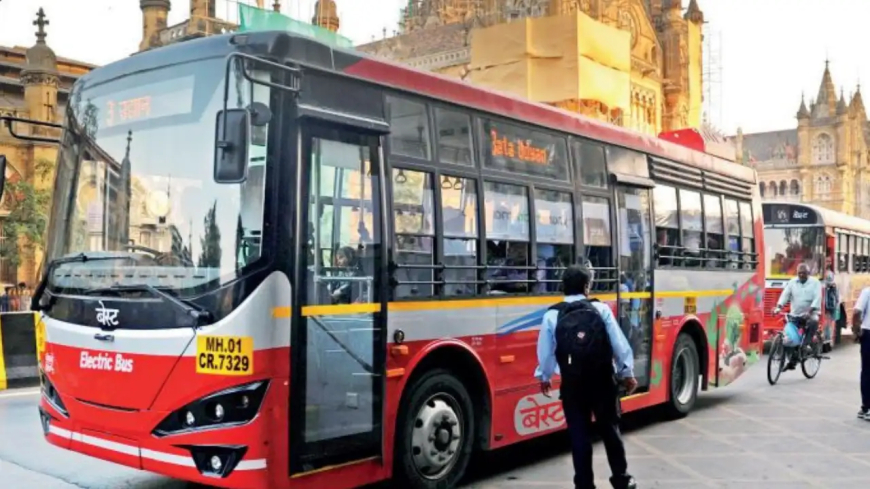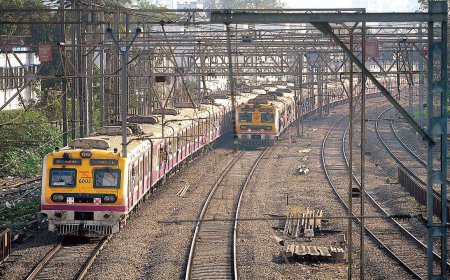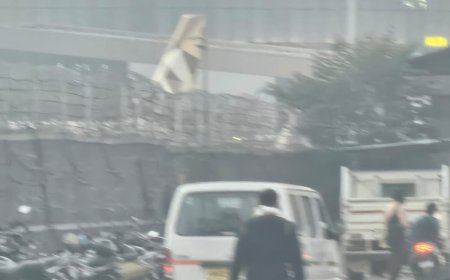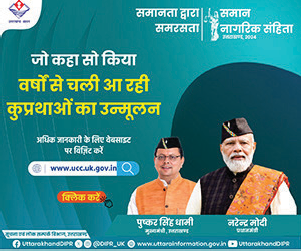Mumbai, April 28 – In a decision set to impact over 31 lakh daily commuters, the Brihanmumbai Municipal Corporation (BMC) has approved a significant fare hike for buses operated by the Brihanmumbai Electric Supply and Transport (BEST) undertaking. The move, aimed at reviving the financially distressed public transport service, will see the minimum non-AC bus fare doubling from ₹5 to ₹10, and AC bus fares starting at ₹12 instead of the current ₹6.
Municipal Commissioner Dr. Bhushan Gagrani confirmed the development, stating that the fare hike was unavoidable given BEST’s precarious financial condition. The fare revisions await final approval from the Maharashtra state transport and urban development departments before implementation.
Sharp Fare Revisions Across the Board
Under the revised fare structure, commuters across all distance brackets will feel the pinch. For non-AC buses, the fare for up to 5 km will rise from ₹5 to ₹10, while the 5–10 km slab will increase from ₹10 to ₹15. Fares for longer routes, such as 20–25 km, will jump from ₹20 to ₹35.
AC bus fares see equally steep hikes. A short trip of up to 5 km will now cost ₹12 (up from ₹6), and a 20–25 km ride will rise to ₹40 (from ₹25).
Pass Holders Also Hit
The hike extends to weekly and monthly passes. A non-AC monthly pass for 5 km will cost ₹800, up from ₹450, and its AC equivalent will rise to ₹1,100 from ₹600. For longer routes like 20 km, the non-AC pass will now cost ₹2,600 (up from ₹2,200), while the AC pass will see a dramatic increase from ₹2,700 to ₹3,500.
Weekly pass rates have similarly been revised:
-
5 km: ₹70 → ₹140
-
10 km: ₹175 → ₹210
-
20 km: ₹350 → ₹420
BEST’s Financial Crisis and Civic Subsidies
BEST has been reeling under heavy losses for years, despite receiving over ₹11,000 crore in subsidies from the BMC in the last decade. With the civic body citing its own budgetary constraints, further bailouts were ruled out, leaving fare hikes as the only viable option to keep the service operational.
Public Reaction: Concerns Over Affordability and Ridership
While officials defend the hike as essential for modernizing and sustaining the city's bus network, commuter groups have expressed deep concern. Many argue that the increased costs will disproportionately affect daily wage earners and low-income commuters, potentially pushing them towards already overcrowded suburban trains or more polluting private transport options.
Citizen groups and transport experts have urged the government to reconsider the timing or phase in the fare hike gradually to soften the blow on the city’s working class.
As the final nod from the state government remains pending, all eyes are now on whether any relief will be provided—or if Mumbai’s daily commuters must brace for higher travel expenses in the weeks ahead.




 Previous
Article
Previous
Article











